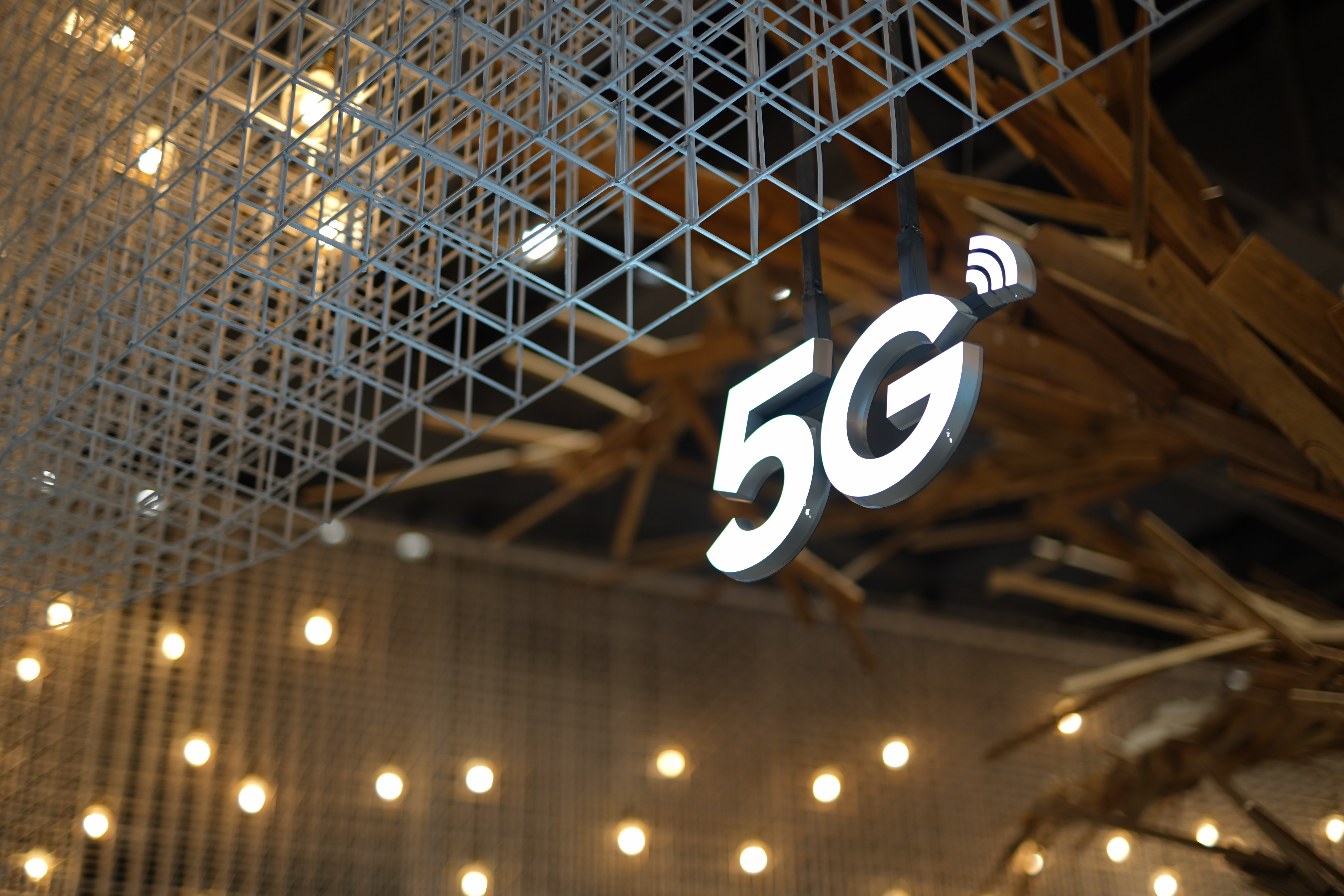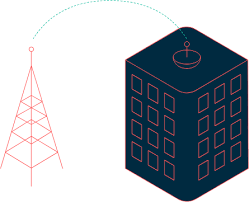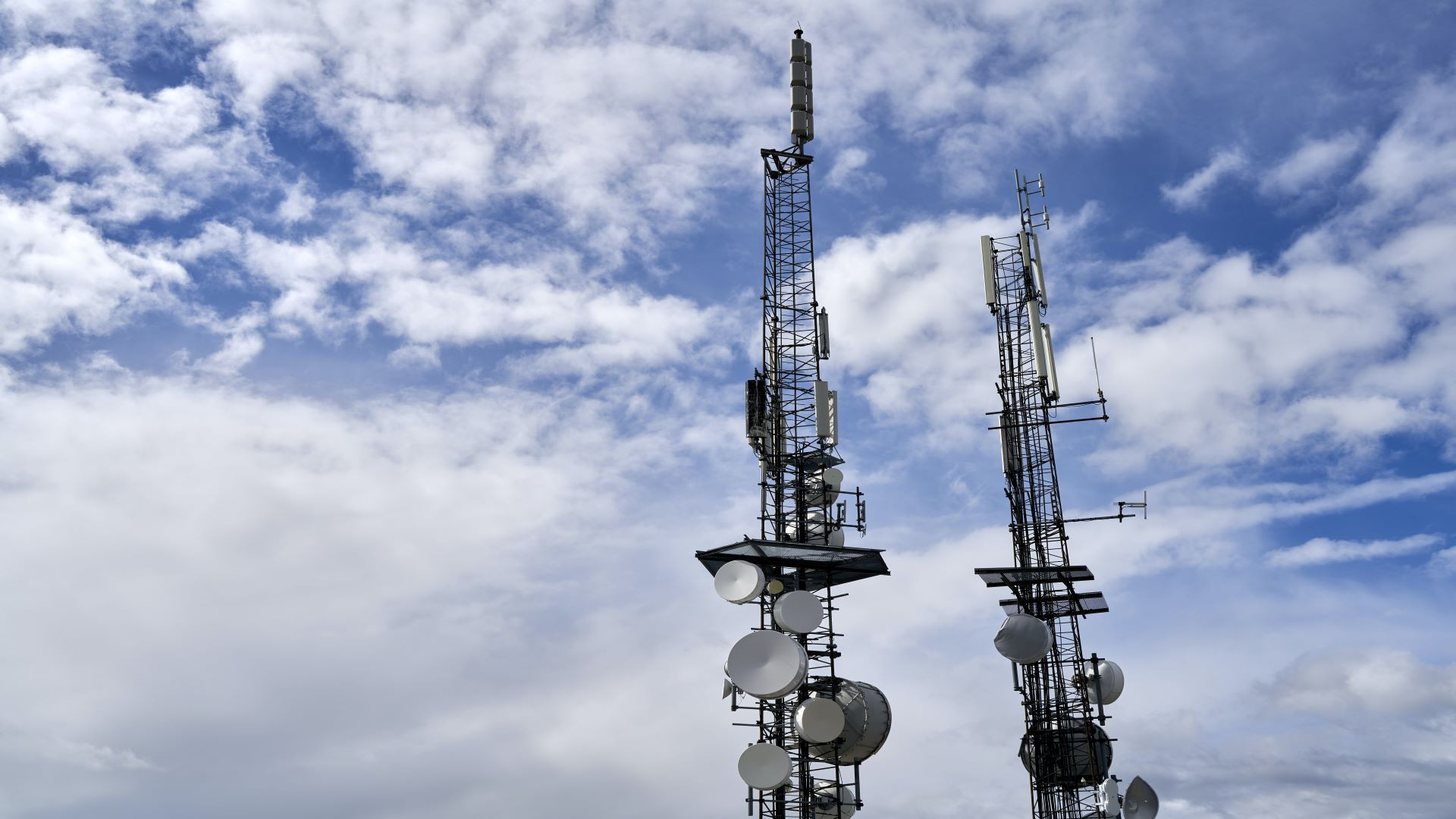Over the last few years, Verizon and AT&T have been the leaders in bringing 5G connections to the public. They are building towers all over the United States to ensure that users have the best cellular connection possible. Recently it has been in the news that Verizon and AT&T are halting 5G connection implementation due to issues with airplane interference. Read this article to learn more about 5G, why there is airplane interference, and what it means for the future of 5G.
Background on Verizon 5G and AT&T 5G:
Both Verizon and AT&T are leaders in 5G connection in the U.S. Since both companies began 5G connection work, they have been using the C-band spectrum for 5G network support. Verizon Wireless and AT&T are following the footsteps of many other providers around the world who also use the C-Band spectrum. Currently, forty countries use the C-band spectrum to support 5G networks. As a result, Verizon and AT&T have been working quickly across the U.S. building new towers to ensure quick and easy connection country-wide. The Verizon 5G map and AT&T 5G map easily rival one another. The technology behind the setup for 5G network connection that Verizon and AT&T are using has been researched for years. It has even been approved by the FCC or Federal Communications Commission. So, why is there airplane interference?
Why They are Pausing Expansion for 30 Days:
At the moment, AT&T and Verizon are pausing 5G expansion for 30 days out of respect to the FAA or Federal Aviation Administration. There are worries that the 5G networks will interfere with airplane navigation. The possible interference is caused by the cellular networks using the C-band spectrum for support. C-band is similar to the spectrum airplanes’ radar altimeters use. A radar altimeter is used to measure the distance between the plane and the ground to help with landing and prevent crashes by avoiding obstructions. Interference with the radar altimeters can lead to catastrophic damage and possible deaths. The Federal Aviation Administration is the leader in addressing this overlap. In early November, the FAA sent out an announcement to alert all manufacturers, operators, and pilots that “action may be needed to address potential interference with sensitive aircraft electronics caused by the use of 5G telecommunications technology”.Since the announcement, the FAA has been working with the FCC, which does not think there is an issue with using C-band, to find a solution. In the meantime, the FAA is encouraging manufacturers of airplane technology to continue testing equipment to prevent future 5G interference issues. Both AT&T and Verizon have paused 5G rollouts, but they are not slowing down. Behind the scenes, they are continuing to map out spectrum use like civilian C-Band and D.O.D. C-Band spectrums.
What does this mean for the future of 5G?
5G network implementation throughout the U.S. is still in the Verizon and AT&T plan. Implementation of 5G will be delayed by a month or two before finalization. This will impact more than public cellular connection. 5G also plays a part in the future of public and private transportation. In the future, autonomous cars are to be able to communicate with one another, the road, traffic, weathering monitoring, etc. Unfortunately, these functions require a lot of data storage to work properly. With 5G technology, this data storage can be transferred to the cloud making the future of autonomous cars much more attainable. This stall for a month will be a bit of a setback for the future of autonomous cars just like cellular connections. Nevertheless, 5G is on the way and will continue to be supported by the C-Band spectrum because that form of connection is supported by the FCC. Forty countries already use the technology that Verizon and AT&T are looking to implement. There have not been any interference problems yet; however, the FAA is doing its job and making sure everything is checked out first. Overall, 5G is still on the way, but large-scale implementation is going to become a few months later than originally planned. Verizon and AT&T are respecting the wishes of the U.S. Transportation Department by delaying 5G cellular network expansion. The FAA and FCC are continuing to work together to create a safe solution while continuing to allow public access to 5G connection and cellular networks. We hope you enjoyed this article and have learned more information about the future of Verizon 5G and AT&T 5G.



